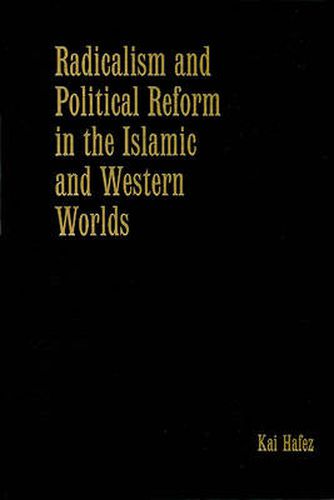Readings Newsletter
Become a Readings Member to make your shopping experience even easier.
Sign in or sign up for free!
You’re not far away from qualifying for FREE standard shipping within Australia
You’ve qualified for FREE standard shipping within Australia
The cart is loading…






Over the last decade, political Islam has been denounced in the Western media and in the surrounding literature as a terrorist or fascist movement that is entirely at odds with Western democratic ideology. Kai Hafez’s book overturns these arguments, contending that, despite its excesses, as a radical form of political opposition the movement plays a central role in the processes of democratization and modernization, and that these processes have direct parallels in the history and politics of the West. By analyzing the evolution of Christian democratization through the upheavals of the Reformation, colonisation, fascism, and totalitarianism, the book shows how radicalism and violence were constant accompaniments to political change, and that these components - despite assertions to the contrary - are still part of Western political culture to this day.
$9.00 standard shipping within Australia
FREE standard shipping within Australia for orders over $100.00
Express & International shipping calculated at checkout
Over the last decade, political Islam has been denounced in the Western media and in the surrounding literature as a terrorist or fascist movement that is entirely at odds with Western democratic ideology. Kai Hafez’s book overturns these arguments, contending that, despite its excesses, as a radical form of political opposition the movement plays a central role in the processes of democratization and modernization, and that these processes have direct parallels in the history and politics of the West. By analyzing the evolution of Christian democratization through the upheavals of the Reformation, colonisation, fascism, and totalitarianism, the book shows how radicalism and violence were constant accompaniments to political change, and that these components - despite assertions to the contrary - are still part of Western political culture to this day.